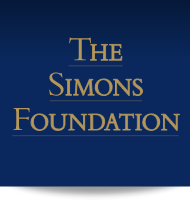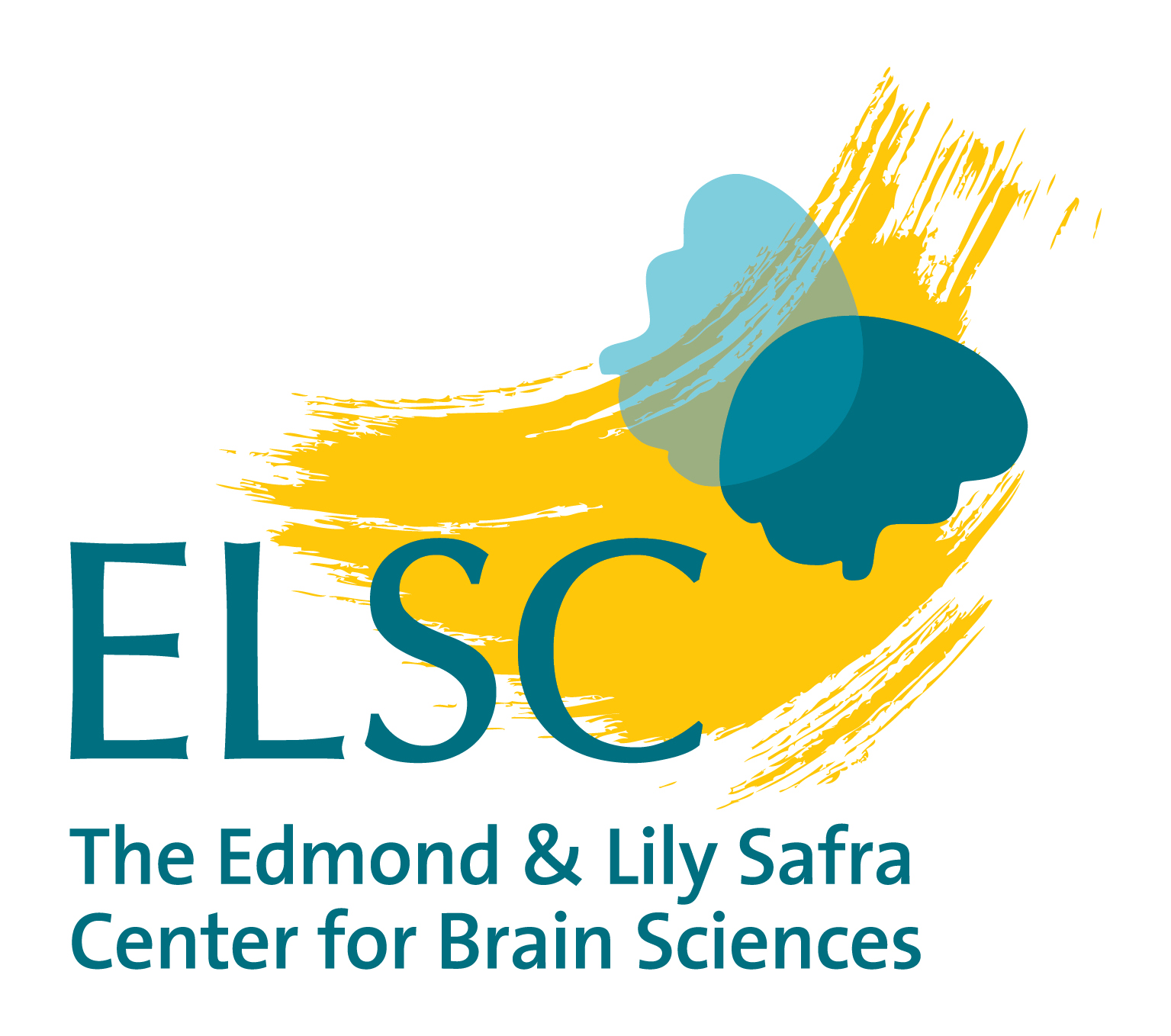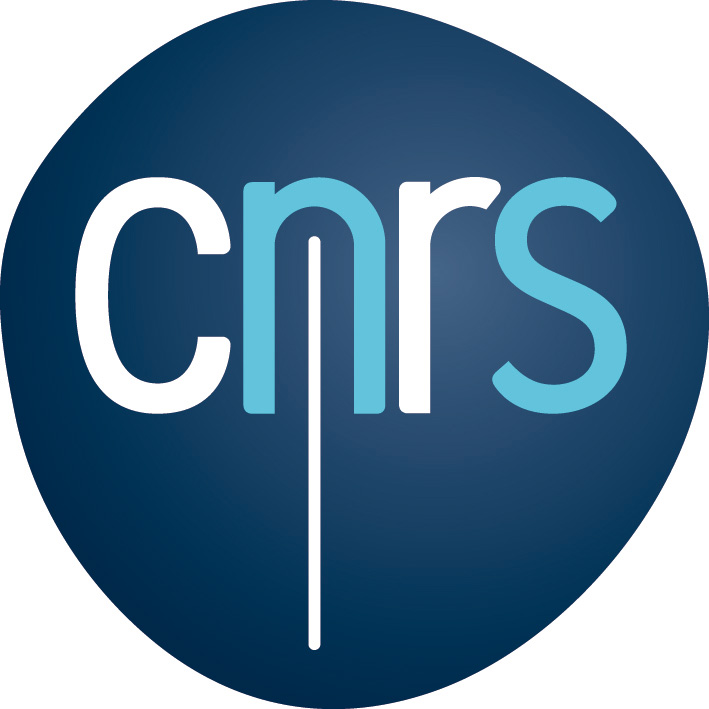Decision making is the cognitive process of selecting a course of action from a set of alternatives. Decisions can be sensory-based, perceptual-based, memory-based or social-based depending on the cues and evidence available to the agent. The study of decision making spans many disciplines: system and cognitive neuroscience, psychology, computer science, robotics and economics.
The rapid progress in high throughput training of animals and the ability to record from freely moving animals at high spatio-temporal resolution have provided a great experimental handle over the behavioral and neural underpinnings of complex decision making tasks. In parallel, theories of decision making have developed greatly and have been refined to describe real life decisions. Recently, both experimental and theoretical approaches to decision making are converging in order to provide quantitative mechanistic understanding of these processes. Most importantly, progress in experimental techniques allows us to test long-standing theoretical predictions. The school will provide an overview of theoretical and experimental frameworks used to study a variety of decision making processes. It will cover a variety of model systems from rats to humans and a plethora of decision making mechanisms.
We believe that researchers also have a responsibility to promote common understanding between people from different nations. Therefore, another objective of Neurobridges is to bring together Mediterranean and Middle Eastern scientists, in order to promote international scientific cooperation between young researchers from these countries. The organizers of NeuroBridges are convinced that such scientific collaborations can lead to personal relations, which eventually may alleviate the political distress in the Middle East.
The first two events of the series took place in Goettingen, Germany in July 2014, and in Paris, France, in September 2015 . Each of these three-day events brought together twenty young speakers - Palestinians, Egyptians, Jordanians, Syrians and Israelis - as well as several speakers from the hosting countries. Nobel Laureate Erwin Neher opened NeuroBridges in 2014. Stanislas Dehaene, professeur au College De France and member of the French Academy of Sciences gave the opening lecture in NeuroBridges 2015.
NeuroBridges 2017, NeuroBridges 2018 and NeuroBridges 2019 were summer schools that brought together students and postdocs from the Middle East and the Mediterranean region, including Egypt, Iran, Israel, Palestinian Territories, Lebanon, Morocco, Syria and Turkey, as well as from China, Europe and the United States.
The forthcoming NeuroBridges 2021 will be a ten-day summer school. Students will attend lectures delivered by leading neuroscientists, experimentalists as well as theoreticians, which will address the fundamental questions in the field of decision making. In addition to the lectures, the students will work in groups on small research projects.
The school is intended for graduate students and postdocs, primarily (but not only) from the Middle East and the Mediterranean region, either working in their home countries or abroad. We will consider applicants with some background in related fields in neuroscience or cognitive psychology.
Through the online application system, you will be asked to provide personal details, academic background, a motivation letter that should include a paragraph about your quantitative skills and a CV. In addition, we request one letter of recommendation.
The school will take place between October 3 and October 14, 2021 in Le Centre de Conferences Internationales de Cluny (CCIC). Cluny is a small medieval town in Burgundy, France, located about 400 km southeast of Paris (accessible by TGV, France’s high-speed train) 170 km west of Geneva.
All costs of registration and accommodation will be covered by the organizers. A limited number of travel grants will also be available.
NeuroBridges is co-organized by Ahmed El Hady (Princeton Neuroscience Institute, USA), Yonatan Loewenstein (Hebrew University of Jerusalem, Israel) and David Hansel (CNRS, Paris, France).
Review of applications will end in May 2021.
Faculty:
Yonatan Loewenstein (Hebrew U.)
Yoram Yovell (Hadassah Hebrew U. Medical Center)



